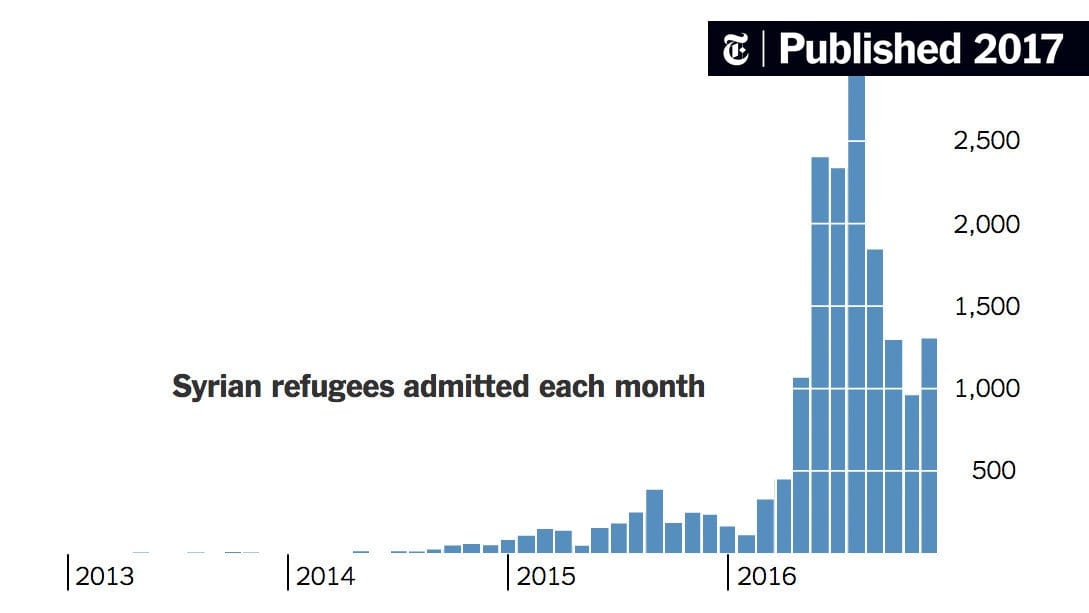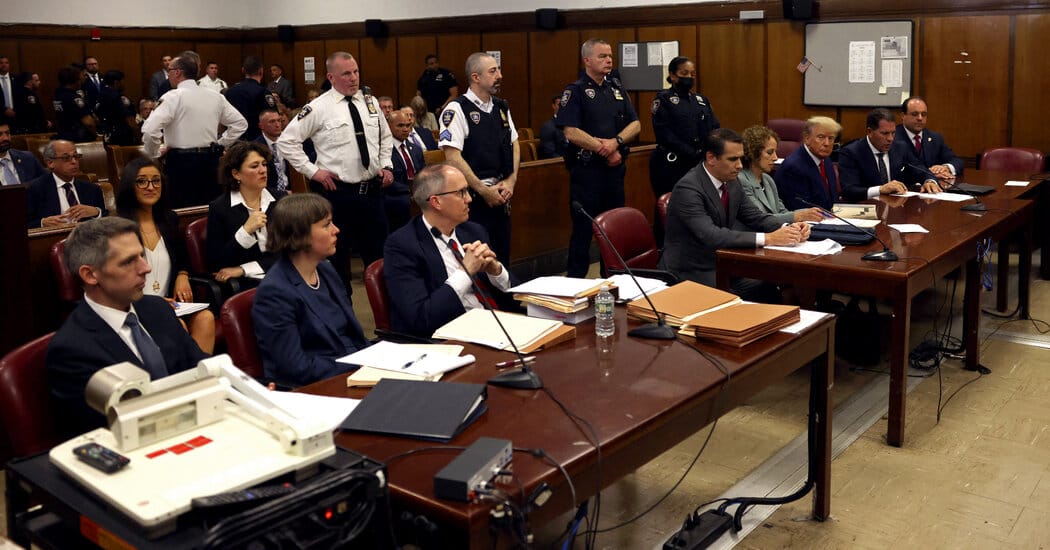In a significant political development, Mike Johnson has successfully secured reelection as Speaker of the House, despite encountering a brief but notable revolt from a faction within the Republican Party. This event underscores the complexities and divisions that currently characterize the party, as well as the challenges that lie ahead for Johnson in his leadership position.
Johnson, who was first elected to the role of Speaker in October 2023, faced immediate challenges as he navigated a divided party that has shown signs of internal strife. The recent revolt, which involved a group of Republican lawmakers expressing dissatisfaction with his leadership style and policy decisions, raised questions about his ability to unify the party moving forward. However, Johnson’s ability to rally support from key allies and moderate members ultimately proved crucial in his reelection bid.
The revolt was marked by a series of closed-door meetings among dissenting members, where concerns were voiced regarding the direction of the party and the effectiveness of Johnson’s leadership. These discussions highlighted the differing priorities within the Republican caucus, with some members advocating for a more hardline approach on issues such as fiscal policy and immigration, while others pushed for a more collaborative stance with Democrats on certain legislative matters.
Despite the unrest, Johnson’s reelection was characterized by a significant show of support from a broad coalition of Republicans. This coalition included both traditional conservatives and more moderate members who recognized the importance of maintaining stability in leadership during a time of heightened political polarization. The vote for Johnson’s reelection was conducted in a manner that reflected both the urgency of the situation and the desire for a unified front going into the next legislative session.
In his acceptance speech following the reelection, Johnson acknowledged the challenges posed by the recent dissent but emphasized the need for unity within the party. He called upon his colleagues to focus on shared goals and to work collaboratively to address pressing issues facing the nation. Johnson’s remarks resonated with many members who expressed a willingness to move past the recent turmoil and concentrate on effective governance.
The implications of Johnson’s reelection extend beyond party dynamics. As Speaker, he holds significant influence over the legislative agenda, and his leadership will be critical in shaping the Republican Party’s approach to key issues such as budget negotiations, healthcare reform, and immigration policy. Johnson’s ability to navigate the complexities of these topics while managing internal party divisions will be closely monitored by both supporters and critics.
Political analysts suggest that Johnson’s tenure as Speaker will be defined by his capacity to balance the competing interests within the Republican Party. The recent revolt serves as a reminder of the challenges he faces, particularly as the party prepares for upcoming elections and seeks to solidify its position in Congress. Johnson’s leadership style and decision-making will be scrutinized as he attempts to maintain cohesion among his colleagues while advancing the party’s legislative priorities.
As the political landscape continues to evolve, Johnson’s reelection may also impact the relationship between the House and the Senate, as well as the dynamics of bipartisan cooperation. The challenges of governing in a divided Congress are significant, and Johnson’s ability to engage with Democratic leaders and find common ground on critical issues will be essential for achieving legislative success.
In conclusion, Mike Johnson’s reelection as Speaker of the House marks a pivotal moment for the Republican Party as it navigates internal divisions and prepares for future legislative challenges. His leadership will be tested in the coming months, and the ability to foster unity within the party will be crucial for advancing a cohesive legislative agenda. As the political landscape continues to shift, all eyes will be on Johnson to see how he addresses the complexities of governance in a divided Congress.



